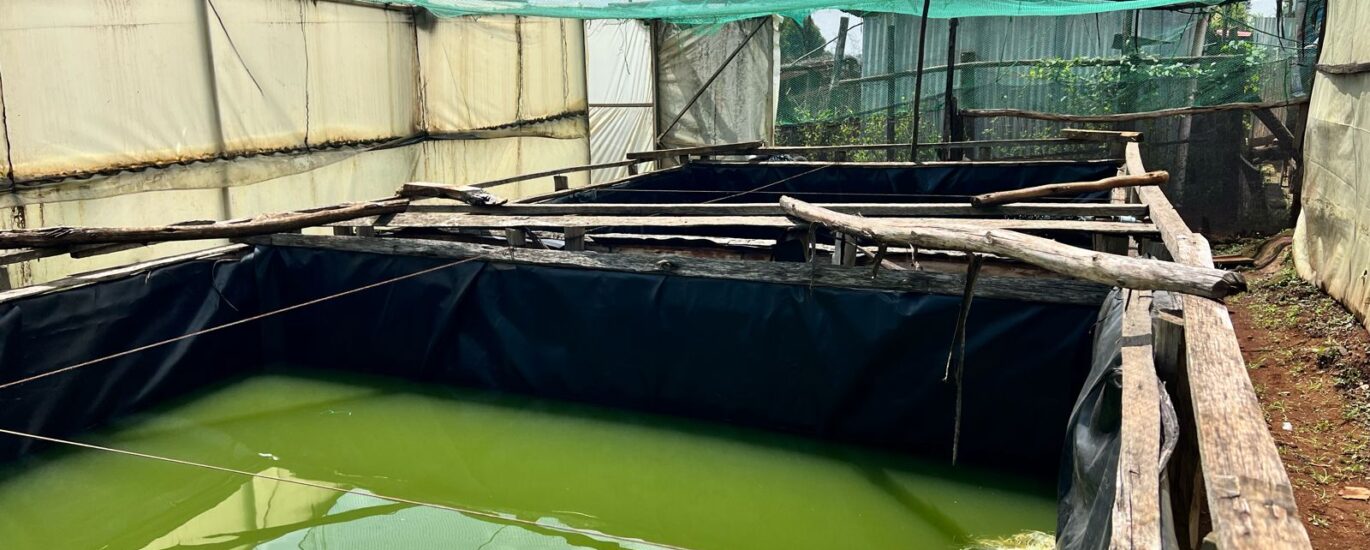Aquaculture plays a crucial role in meeting the growing global demand for fish protein. However, traditional feeding practices in aquaculture are often riddled with inefficiencies that can significantly impact both profitability and the environment.
The Problem of Overfeeding and Underfeeding
One of the most common issues in aquaculture is overfeeding. This occurs when fish are given more food than they can consume, leading to excess feed sinking to the bottom of the farming system. This not only wastes valuable resources but also contributes to water pollution as the uneaten feed decomposes, depleting oxygen levels and harming aquatic life.
On the other hand, underfeeding can also be detrimental. When fish are not provided with enough food, their growth is stunted, and they become more susceptible to diseases. This can lead to reduced yields and lower profits for farmers.
The Environmental Impact
Inefficient feeding practices in aquaculture have far-reaching environmental consequences. The excess nutrients from uneaten feed can fuel harmful algal blooms, which can suffocate fish and other aquatic life. Additionally, the decomposition of uneaten feed releases greenhouse gases, contributing to climate change.
The Economic Toll
The economic impact of inefficient feeding practices is substantial. Fish farmers who overfeed are essentially throwing money away, as a significant portion ( of their feed investment goes to waste. Moreover, the environmental damage caused by overfeeding can lead to costly clean-up efforts and regulatory fines.
The Solution: Precision Feeding
The good news is that there are solutions to address these challenges. Precision feeding technologies, such as smart feeders equipped with sensors and data analytics, can optimize feeding schedules and amounts, ensuring that fish receive the right amount of food at the right time. This not only minimizes waste and reduces environmental impact but also improves fish health and growth, leading to increased yields and profitability.
A Sustainable Future for Aquaculture
By adopting precision feeding and other sustainable practices, the aquaculture industry can move towards a more efficient and environmentally responsible future. This will not only benefit fish farmers’ bottom lines but also contribute to the health of our planet’s aquatic ecosystems.
In conclusion, inefficient feeding practices in aquaculture are a pressing issue with significant economic and environmental consequences. However, by embracing technology and sustainable solutions, we can transform the industry and ensure a thriving future for both aquaculture and the planet


